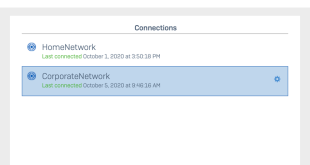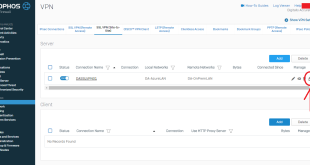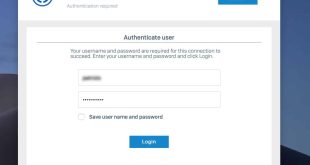Sophos SSL VPN Client Two Factor Authentication: Enhancing Security for Remote Access
Remote access to corporate networks has become an essential requirement for businesses in today’s digital age. However, with the rise in cyber threats and data breaches, ensuring the security of remote connections has become a top priority. Sophos SSL VPN Client Two Factor Authentication is a robust and reliable solution that adds an extra layer of security to remote access, safeguarding sensitive data and protecting against unauthorized access.
Remote access to corporate networks often poses security challenges, putting organizations at risk of data breaches and unauthorized access. Sophos SSL VPN Client Two Factor Authentication addresses these pain points by implementing an additional security measure that combines something the user knows (such as a password) with something the user possesses (such as a mobile device) to authenticate their identity. This significantly enhances the security of remote connections and mitigates the risk of unauthorized access.
The main target of Sophos SSL VPN Client Two Factor Authentication is to provide a secure and seamless remote access solution for businesses. By implementing two-factor authentication, organizations can ensure that only authorized individuals can access the corporate network, even if their passwords are compromised. This greatly reduces the risk of data breaches and strengthens the overall security posture of the organization.
In summary, Sophos SSL VPN Client Two Factor Authentication is an essential security measure for remote access. By combining something the user knows with something the user possesses, organizations can ensure secure connections, protect sensitive data, and mitigate the risk of unauthorized access. Implementing two-factor authentication is crucial in today’s cyber threat landscape, and businesses should consider it as a fundamental component of their remote access strategy.
Table of Contents
Sophos SSL VPN Client Two Factor Authentication: Understanding its Target
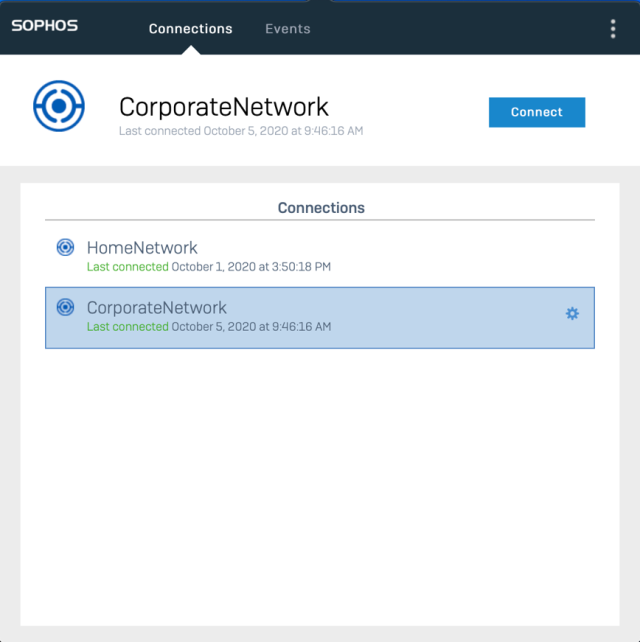
One of the most effective ways to secure remote access to corporate networks is by implementing Sophos SSL VPN Client Two Factor Authentication. This powerful security measure ensures that only authorized individuals can connect to the corporate network, even if their passwords are compromised. In this section, we will explore the concept of two-factor authentication and how it improves remote access security.
What is Sophos SSL VPN Client Two Factor Authentication?
Sophos SSL VPN Client Two Factor Authentication is a security mechanism that requires users to provide two forms of identification to access a corporate network. These two factors typically include something the user knows, such as a password or PIN, and something the user possesses, such as a mobile device or security token. By combining these two factors, organizations can ensure that only authorized individuals can establish a remote connection.
Implementing two-factor authentication significantly enhances the security of remote access to corporate networks. Even if an attacker manages to obtain a user’s password, they would still require the second factor to gain access. This provides an extra layer of protection and mitigates the risk of unauthorized access.
The History and Myth of Sophos SSL VPN Client Two Factor Authentication
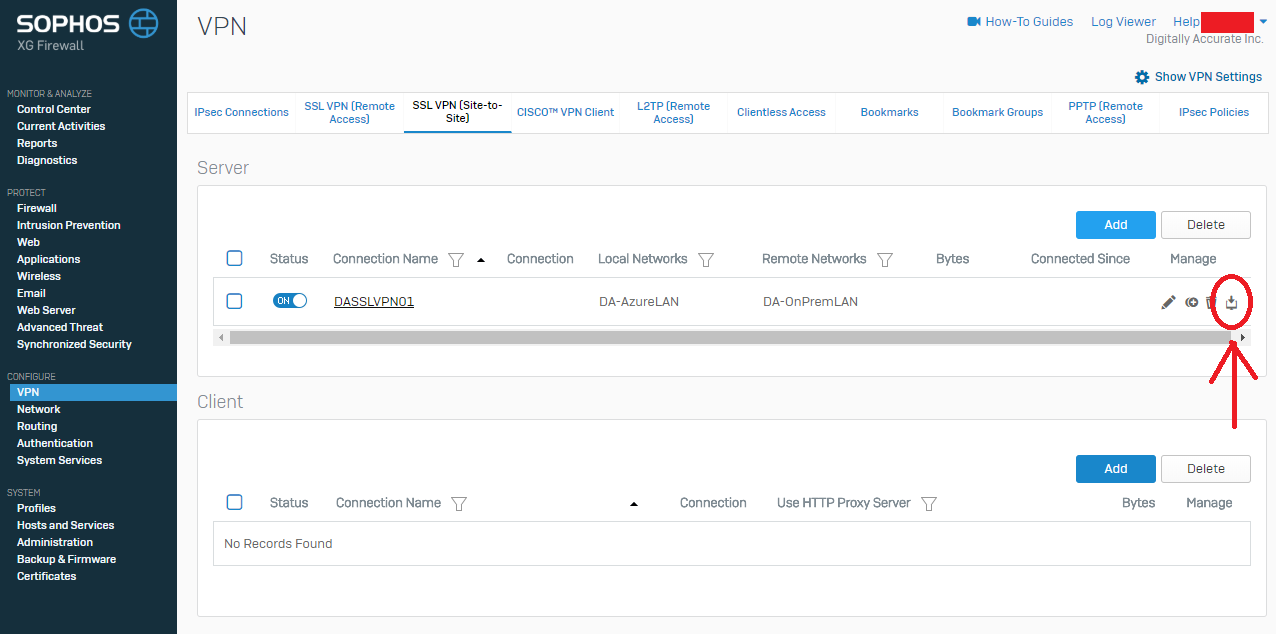
The concept of two-factor authentication dates back to ancient times when it was used to protect valuables or secure the entry to important places. In the digital era, this concept has been widely adopted to secure online accounts and remote access. There are several myths surrounding two-factor authentication, one of which is that it is complicated and time-consuming to implement. However, with modern solutions like Sophos SSL VPN Client, implementing two-factor authentication has become easier and faster than ever before.
The Hidden Secret of Sophos SSL VPN Client Two Factor Authentication
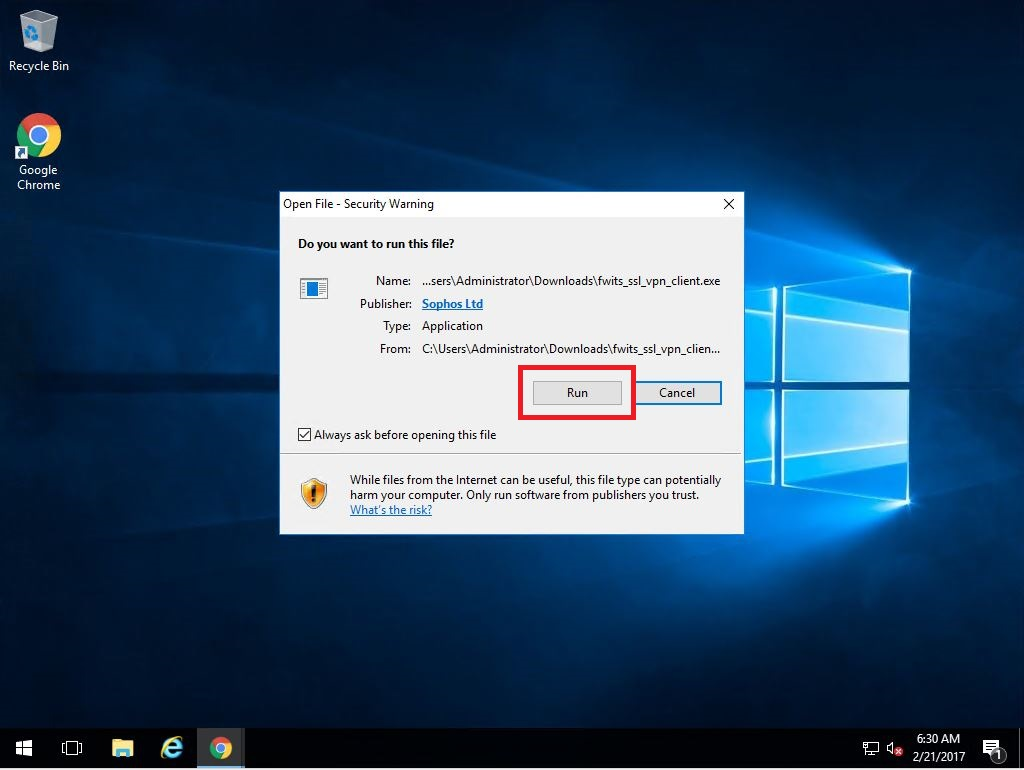
The hidden secret of Sophos SSL VPN Client Two Factor Authentication lies in its ability to provide an additional layer of security, ensuring that only authorized individuals can access the corporate network. This security measure reduces the risk of data breaches and unauthorized access, safeguarding sensitive information from malicious actors. By adopting two-factor authentication, organizations can create a secure remote access environment and maintain the confidentiality, integrity, and availability of their corporate data.
Sophos SSL VPN Client Two Factor Authentication: Tips and Recommendations
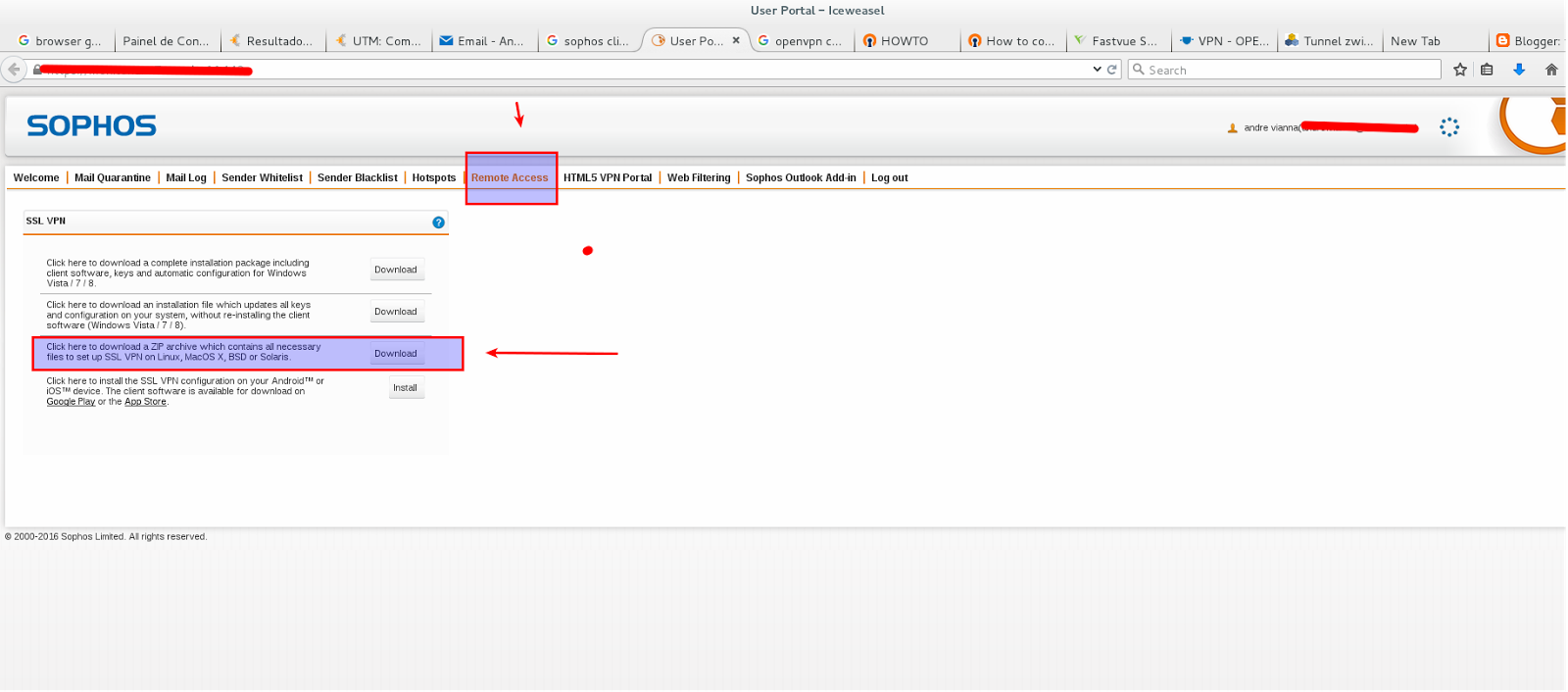
When implementing Sophos SSL VPN Client Two Factor Authentication, there are several tips and recommendations to consider:
- Enable two-factor authentication for all user accounts with remote access privileges.
- Choose a reliable and user-friendly authentication method, such as mobile app-based tokens.
- Regularly educate and train employees on the importance of two-factor authentication and best practices for remote access.
- Monitor and analyze remote access logs to identify any suspicious activity or unauthorized login attempts.
By following these tips and recommendations, organizations can maximize the security benefits of Sophos SSL VPN Client Two Factor Authentication and ensure a secure remote access environment.
Sophos SSL VPN Client Two Factor Authentication: Explained in Detail
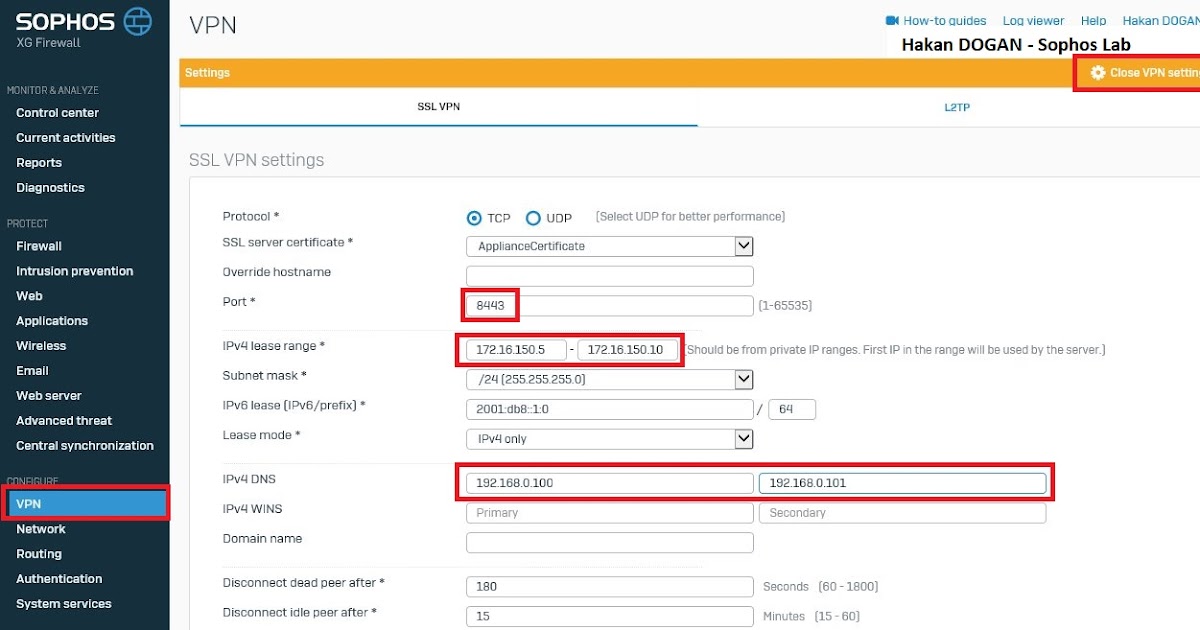
In order to fully understand Sophos SSL VPN Client Two Factor Authentication and its benefits, it is important to delve deeper into the topic. Two-factor authentication provides an additional layer of security by requiring users to provide two forms of identification. The first factor is typically a password or PIN, and the second factor can include a mobile device, a security token, or biometric data.
Implementing two-factor authentication significantly reduces the risk of unauthorized access to corporate networks. Even if an attacker manages to obtain a user’s password, they would still require the second factor to gain access. This additional layer of security mitigates the risk of data breaches and protects sensitive information from unauthorized disclosure or modification.
Sophos SSL VPN Client Two Factor Authentication: Fun Facts

– Two-factor authentication has been shown to reduce the success rate of account hijacking attempts by over 99%.
– The first known use of the term “two-factor authentication” dates back to a 1982 research paper by American computer scientist Jerome H. Saltzer.
– Many popular websites and online services, including Google and Microsoft, now offer two-factor authentication as an optional security measure.
– Two-factor authentication can be implemented using various methods, such as SMS codes, email verification, biometric data (fingerprint or facial recognition), and hardware tokens.
Sophos SSL VPN Client Two Factor Authentication: How to Use It

Using Sophos SSL VPN Client Two Factor Authentication is a straightforward process:
- Install the Sophos SSL VPN Client on your device.
- Configure the VPN client to connect to the corporate network.
- During the login process, you will be prompted to provide your username and password, as well as the second factor, which could be a code generated by a mobile app or a security token.
- Once the two factors are provided and verified, you will be granted access to the corporate network.
Following these steps will enable you to use Sophos SSL VPN Client Two Factor Authentication and enjoy the enhanced security it provides for remote access.
Sophos SSL VPN Client Two Factor Authentication: What If?

What if organizations do not implement Sophos SSL VPN Client Two Factor Authentication?
Without two-factor authentication, organizations are at a higher risk of unauthorized access to their corporate networks. If an attacker manages to obtain a user’s password, they can easily gain access to sensitive information and compromise the network’s security. This can lead to data breaches, financial losses, and damage to the organization’s reputation.
Implementing two-factor authentication is crucial in today’s cyber threat landscape, and organizations should prioritize its adoption to ensure the security of their remote access.
Listicle: 5 Benefits of Sophos SSL VPN Client Two Factor Authentication
- Enhanced security: Two-factor authentication adds an extra layer of security, reducing the risk of unauthorized access to the corporate network.
- Protection against password breaches: Even if a user’s password is compromised, the second factor provides an additional barrier preventing unauthorized access.
- Compliance with regulations: Two-factor authentication is often required by compliance regulations, ensuring organizations meet the necessary security standards.
- User-friendly experience: Modern two-factor authentication methods, such as mobile app-based tokens, provide a convenient and user-friendly experience for remote access.
- Peace of mind: Implementing two-factor authentication gives organizations peace of mind knowing that their remote connections are secure and protected.
Question and Answer
Q: Can two-factor authentication be bypassed?
A: While two-factor authentication significantly enhances security, it is not foolproof. Sophisticated attackers may employ advanced techniques to bypass two-factor authentication, but these cases are relatively rare.
Q: Is two-factor authentication necessary for small businesses?
A: Yes, two-factor authentication is recommended for businesses of all sizes. Small businesses are just as vulnerable to cyber threats as larger organizations and should prioritize the security of their remote access.
Q: What are the most common two-factor authentication methods?
A: The most common two-factor authentication methods include SMS codes, mobile app-based tokens, and hardware tokens. Each method has its own benefits and considerations, and organizations should choose the one that best fits their needs.
Q: Can two-factor authentication be used for all remote access scenarios?
A: Two-factor authentication can be used for most remote access scenarios. However, some legacy systems or outdated software may not support two-factor authentication, and alternative security measures should be implemented.
Conclusion of Sophos SSL VPN Client Two Factor Authentication
Sophos SSL VPN Client Two Factor Authentication is a crucial security measure for remote access. By implementing two-factor authentication, organizations can ensure secure connections, protect sensitive data, and mitigate the risk of unauthorized access. It is essential in today’s cyber threat landscape to prioritize the security of remote access to safeguard your organization’s valuable assets and maintain a strong security posture.
 cobabybarcelona Latest Updated Live News cobabybarcelona
cobabybarcelona Latest Updated Live News cobabybarcelona

